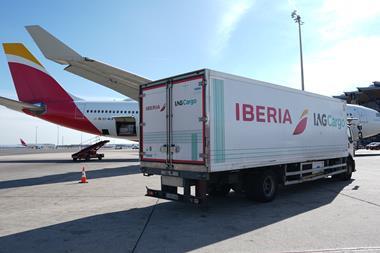Slipping to a No Deal Brexit, and reverting to complicated WTO rules and tariffs, would impose additional costs of between 5% and 35% on the UK's supply chain, warn representatives of the UK's leading logistics organisations.
Shippers and hauliers as well as the industry's trade association FTA, which represents more than 17,000 businesses nationwide, have written an open letter to Prime Minister Theresa May and all MPs ahead of this week’s crucial Brexit vote in the UK Parliament. It calls on them to recognise the real jeopardy that a No Deal Brexit would impose on the logistics industry and the country as a whole.
“Business cannot trade on "what if's?" and "maybe's" – a transition period to whatever the new market arrangements will be is essential if Britain is to keep trading efficiently after its departure from the European Union,” says James Hookham, FTA's Deputy Chief Executive.
"The sector still needs confirmation of many aspects, including whether road haulage permits will be required, the level of Customs tariffs, access to a skilled workforce and how red tape will be minimised for imports and exports.”
Otherwise, he warns, damage and disruption could include short-term gridlock at ferry ports if customs processes and checks are not implemented smoothly, shortages of perishable foods and medicines, restrictions in the labour market caused by a shortage of workers as they return to the EU, and severe delays for imports and exports which would hinder the UK's manufacturing and retail sectors.
“The Government believes it has developed the necessary procedures to be followed but yet there is still so much to be agreed and announced.”
The warning is echoed by the results of a survey of supply chain managers from the Chartered Institute of Procurement & Supply (CIPS) which shows a delay of just one day at the UK/EU border could lead to a significant bill for British exporters in late delivery discounts and lost contracts.
Just 40% of UK businesses would be able to export to the EU in the event of a no deal as a result of EU customs requirements.










